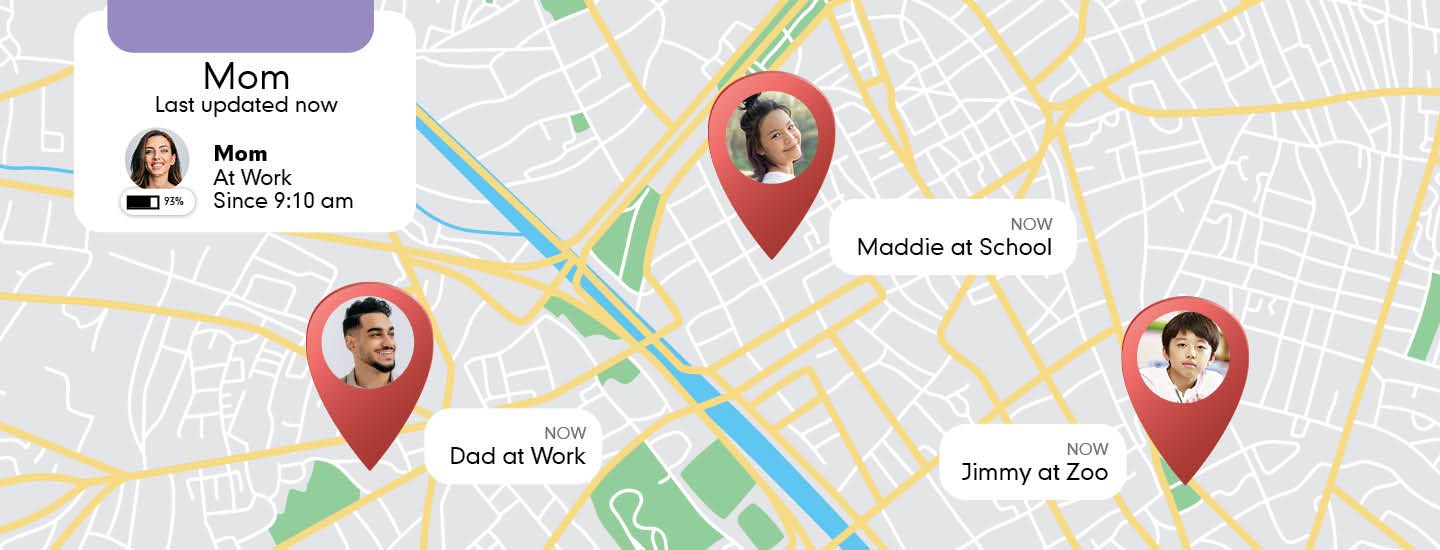Jeremiah, 18, feels like he’s being watched at all times.
If he makes an unplanned stop after school, he usually gets a text from his parents. They track him using a location-sharing app called Life360.
“They ask a million questions: Why did you stop? Who are you with?” he says. “It’s like they forget I’m a person and not just a dot on a map.”
Location sharing has become a normal part of growing up. One survey showed that 45 percent of parents track their kids’ location.
But not everyone is sure tracking apps are a great idea. Sure, they may help keep kids safe. But what about teens’ freedom and privacy as they get older?
Jeremiah, 18, feels like he’s always being watched.
If he makes a stop after school, he gets a text from his parents. They track him using a location-sharing app called Life360.
“They ask a million questions: Why did you stop? Who are you with?” he says. “It’s like they forget I’m a person and not just a dot on a map.”
Location sharing has become common for families. One survey showed that 45 percent of parents track their kids.
But not everyone thinks that’s a good thing. Tracking apps may help keep kids safe. But don’t teens need some freedom and privacy as they get older?
Jeremiah, 18, feels like he’s constantly being watched.
If he makes an unplanned stop after school, he usually receives a text from his parents, who track him using a location-sharing app called Life360.
“They ask a million questions: Why did you stop? Who are you with?” he says. “It’s like they forget I’m a person and not just a dot on a map.”
Location sharing has become a normal part of growing up. According to one survey, 45 percent of parents track their kids.
But not everyone is convinced that tracking apps are a great idea. Sure, they may help keep kids safe—but what about teenagers’ freedom and privacy as they get older?

